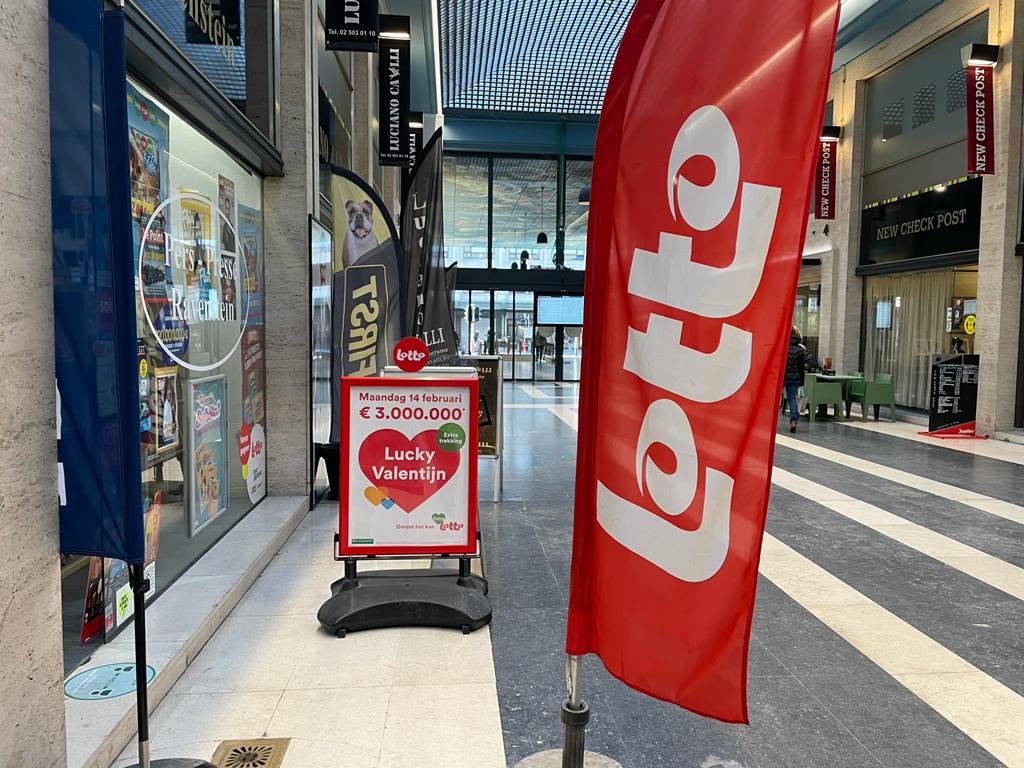Belgium is aiming to virtually ban gambling advertising by the end of 2022, as gambling companies or platforms will no longer be allowed to advertise on television, radio, social media, posters on the street, in newspapers, or via personalised (e)mail and text messages.
By the end of the year, nearly all forms of gambling advertising will be banned, as Federal Justice Minister Vincent Van Quickenborne included the bill in a draft Royal Decree this weekend.
"Gambling is the new smoking," said Van Quickenborne in a press release. "The gambling industry is making more and more profit in our country, all 'thanks to' people with a gambling addiction."
"Gambling advertising is fired at us from all sides every day and encourages these addictions, including among young people. More than 100,000 gamblers show problematic gambling behaviour and a third of them already have serious addictions," he said.
Addicts finance 40% of gambling industry
The gambling industry is a multi-billion dollar business with increasing turnovers every year. According to the sector's most recent figures (2019), a total of more than €2 billion was spent on gambling, and 64% of the adult population has tried gambling at least once a year.
Additionally, the Covid-19 crisis has also had its influence, as research conducted during the pandemic showed that (online) gambling among young people has increased by 43%.
More than 100,000 active gamblers in Belgium have a gambling disorder, and a third of them have a severe addiction, according to a report by the Flemish expertise centre of Alcohol and Other Drugs. Research shows that together, those groups finance up to 40% of gambling companies' turnover.
Related News
- Backdoor to addiction: Concerns raised over bpost's sale of retail stores to gambling company
- Tighter controls on gamblers in newsagents
- 'Loopholes are being abused': Belgium cracks down on gambling in newspaper shops
While Van Quickenborne regretted that for them, "the damage is already done, often with enormous financial, spiritual and social consequences," he wants to severely restrict gambling advertising in future. "From now on, the philosophy is that only people who want to gamble and actively look for information about games of chance will be confronted with gambling advertising in the future."
About 40% of online gamblers are younger than 26, and nearly 70% are under the age of 39. According to Van Quickenborne, the increased popularity is the result of "the multitude of advertising reaching the population through various channels" leading to a greater social acceptance.
Eagerly exploited grey zones
Gambling is also prohibited for anyone under the age of 18, but advertising exposes them to it as well. While the regulations in this regard were tightened in 2018, Van Quickenborne stressed that "it has not stopped the exponential growth" of gambling advertising and also creates "a grey zone" that is "eagerly exploited" by the gambling industry.
Regulations for sports sponsorship will also come into force, as gambling companies as sports sponsors will only be allowed to advertise by using the brand name or logo, both on the shirts and in the stadiums. Advertising slogans are no longer allowed.
Playing commercials on screens or through loudspeakers in stadiums will also be banned, and there will be a restriction on the number of square meters that gambling advertising may occupy in stadiums. Sports clubs targeting minors may not allow any form of gambling advertising.
Van Quickenborne's draft Decree has already been approved by the six competent ministers, but has yet to be green-lit by the EU and given a positive opinion by the Council of State before it can effectively enter into force – which is expected to be no more than a formality.
'Putting the sports sector in great difficulty'
Striking, however, is the Francophone liberal MR party's protest against the proposal, particularly as Van Quickenborne is a member of the party's Flemish counterpart Open VLD. Still, as none of the ministers handling the draft is an MR member, the party cannot stop the bill or the Royal Decree.
Yet, party leader Georges-Louis Bouchez took to Twitter to voice his dissatisfaction with the proposal: "MR completely opposes the draft ban on games of chance. This is an excessive measure that will, for example, put the sports sector in great difficulty. Should football really be destroyed in our country?"
"Attention should be paid to people with a gambling addiction, who represent a small minority. By liquidating a regulated sector, those people will move to platforms on the dark web, without any regulation," he said. "This puritan view makes no sense."
Despite the fact that gambling addiction is comparable to a drugs or alcohol addiction, only 14% of problem gamblers seek help, Van Quickenborne said, pointing to existing initiatives such as gokhulp.be, joueurs.aide-en-ligne.be and druglijn.be.

